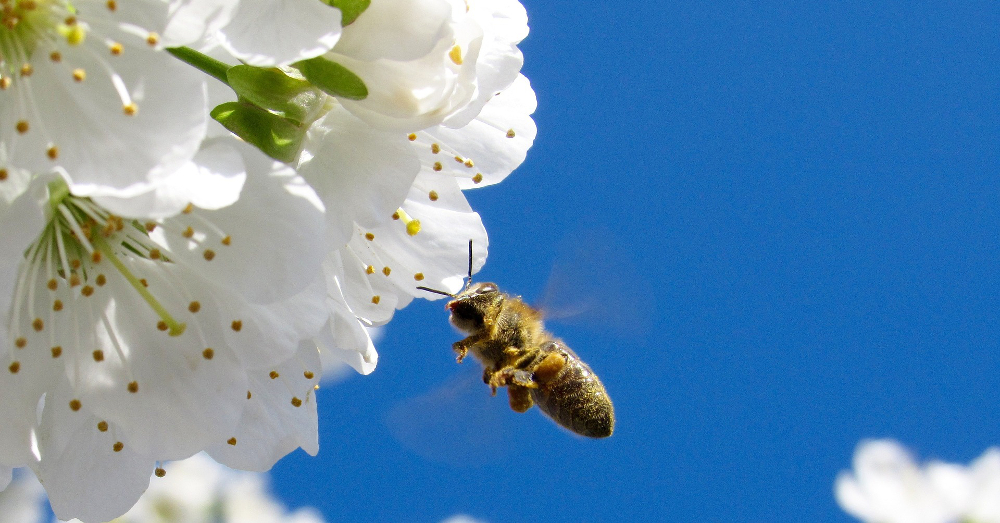
EU Member States Support Near-Total Neonicotinoids Ban
Scientific studies have long linked their use to the decline of honeybees, wild bees and other pollinators. The move represents a major extension of existing restrictions, in place since 2013.
Manufacturers and some farming groups have opposed the move, saying the science remains uncertain.
April 27, 2018 | Source: BBC News | by Matt McGrath
Member states have voted in favour of an almost complete ban on the use of neonicotinoid insecticides across the EU.
Scientific studies have long linked their use to the decline of honeybees, wild bees and other pollinators.
The move represents a major extension of existing restrictions, in place since 2013.
Manufacturers and some farming groups have opposed the move, saying the science remains uncertain.
Neonicotinoids are the most widely used class of insecticides in the world, but concerns about their impact on bees have been reinforced by multiple research efforts, including so-called “real world” trial results published last year.
Change of heart
Back in 2013 the European Union opted for a partial ban on the use of the three chemicals in this class: Imidacloprid, clothianidin and thiamethoxam.
The restrictions applied to crops including maize, wheat, barley, oats and oil seed rape. The newly agreed Commission regulation goes much further, meaning that almost all outdoor uses of the chemicals would be banned.
